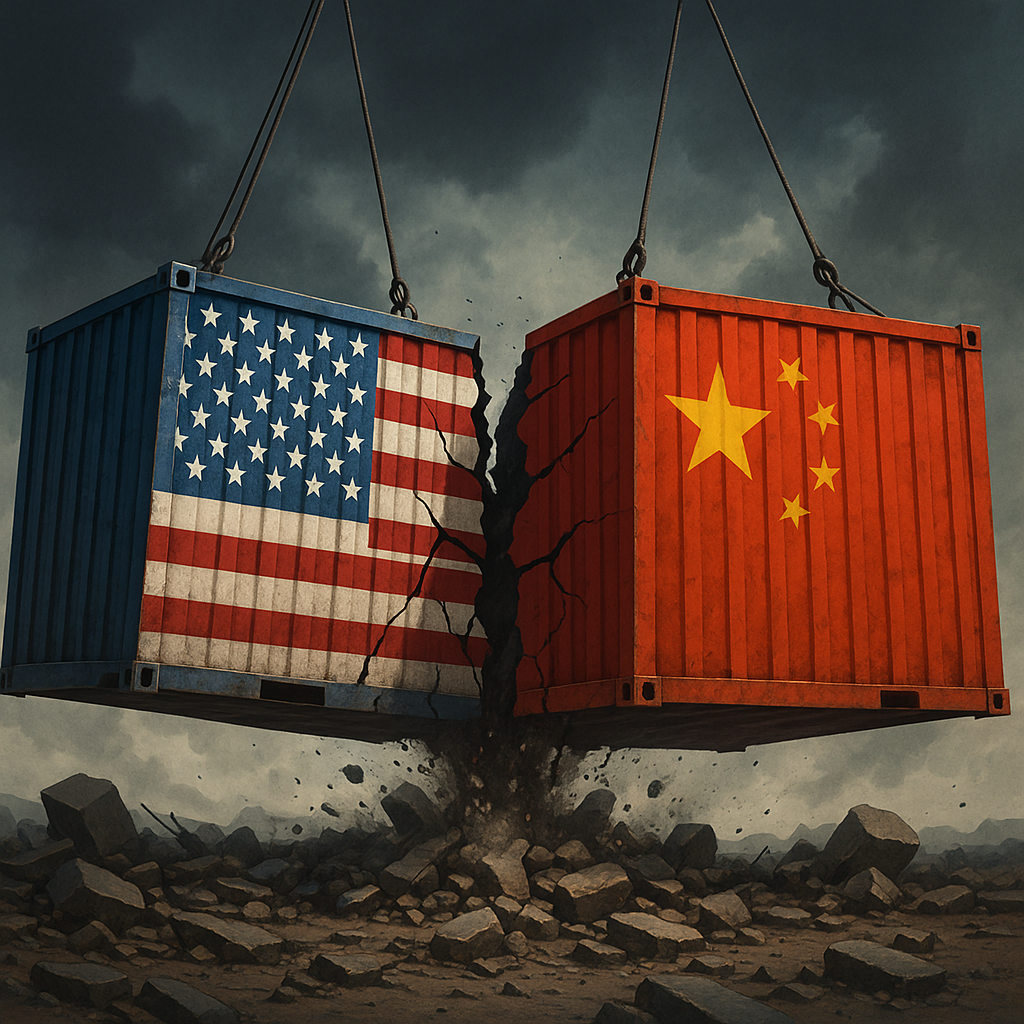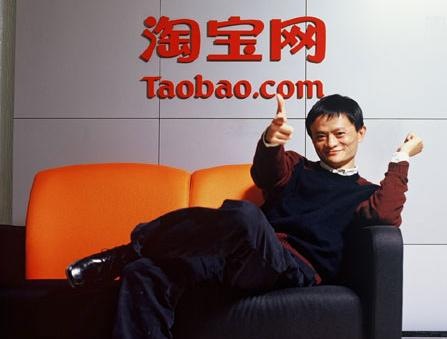Back
Anonymous 3
Hey I am on Medial • 1y
Everyone focuses on the consumer side, but Taobao's seller tools were revolutionary. The integrated chat system let sellers build relationships with buyers - crucial in Chinese business culture. eBay's 'hands-off' approach just didn't work there.
Replies (1)
More like this
Recommendations from Medial
SHIV DIXIT
CHAIRMAN - BITEX IND... • 1y
Types of market 1. Perfect Competition: Many buyers and sellers with identical products. 2. Monopoly: Single seller dominating the market. 3. Monopolistic Competition: Many sellers offering differentiated products. 4. Oligopoly: Few large firms
See MoreAniket Khote
•
Skeletos IT Services • 7m
🚀Just launched Simmerce (Test Version) – Feedback Wanted! Hey everyone, I’ve been building Simmerce, a next-gen B2B marketplace aiming to rethink how businesses connect with sellers – something cleaner, faster, and more trust-driven than current pl
See MoreROHAN CHAVAN
Think only featured • 1y
Feedback-Driven E-commerce Platform Online shopping faces a critical challenge: trust. Many reviews are fake or irrelevant, leading to poor customer decisions and limited insights for sellers to improve. Our solution is a feedback-driven e-commerce
See MoreVansh Khandelwal
Full Stack Web Devel... • 1y
The Open Network for Digital Commerce (𝐎𝐍𝐃𝐂) is a government initiative designed to level the playing field in India’s e-commerce space, especially for small retailers. Unlike traditional e-commerce models like the Inventory Model, where companie
See MoreRIKASH CLINTON.J
Hey I am on Medial • 1y
How about a platform that connects consumers with local stores in their city, as well as stores in other cities and countries? This platform allows users to shop hyperlocally, intercity, and cross-border, all without the need for warehouses or dark s
See MoreRitik Kumar
Hey I am on Medial • 10m
I am sharing an startup idea from my past experience. I used to work as a buyer and seller of social media pages(YouTube, Instagram, Facebook). We can make a website, app for these exchanges. I know the buyers and sellers. I want someone to handle th
See MorePavan Jotiba Redekar
Join the Apnacart • 9m
Apnacart – Demo Pitch (Ultra Short) Apnacart is a mobile-first, regional-language e-commerce demo platform made for Bharat. It connects local sellers with small-town and rural buyers via a simple, fast, and easy-to-use interface. The demo includes:
See More
Himanshu Dodani
Start now what you j... • 10m
You Might Not know this China is Exposing US Luxury Brands Using TikTok 1. Why China is Doing This China is leveraging TikTok to challenge US luxury brands for several reasons: Geopolitical Move: Part of the ongoing US-China trade and tech tension
See More
Download the medial app to read full posts, comements and news.

















/entrackr/media/post_attachments/wp-content/uploads/2021/08/Accel-1.jpg)

















